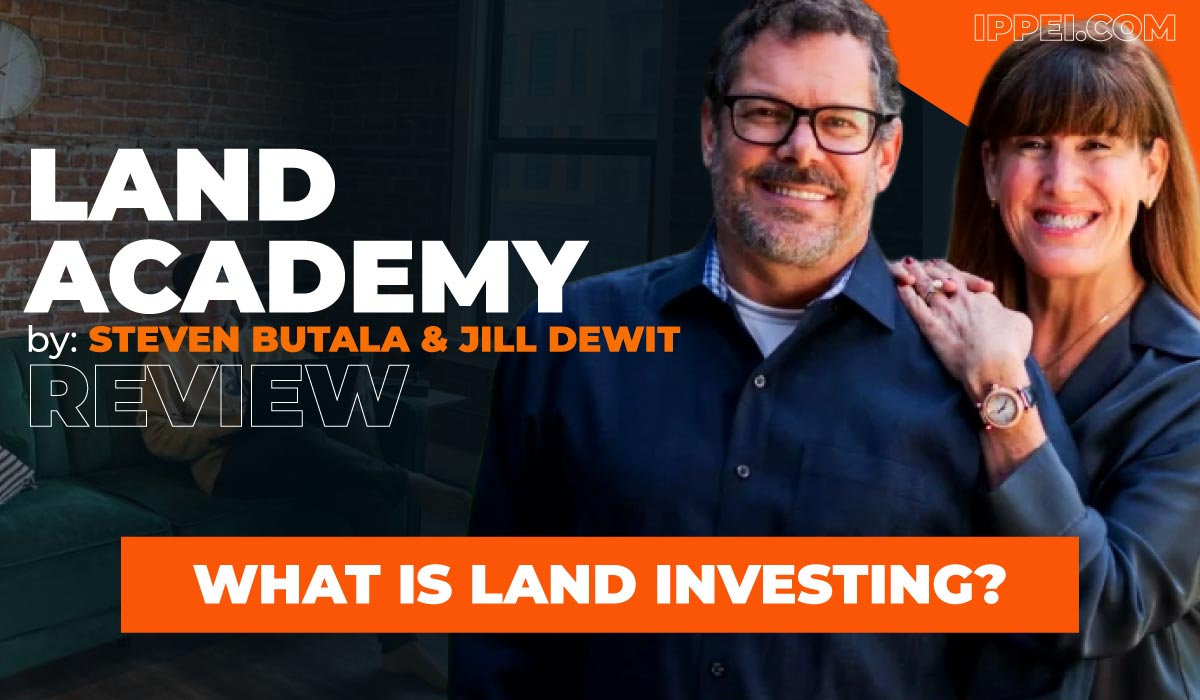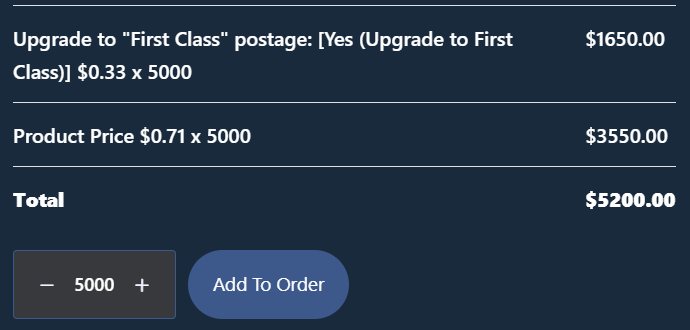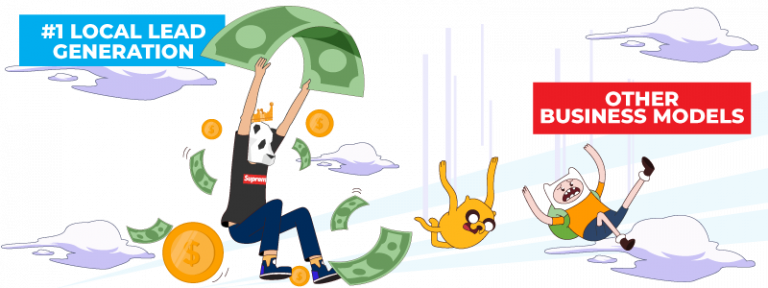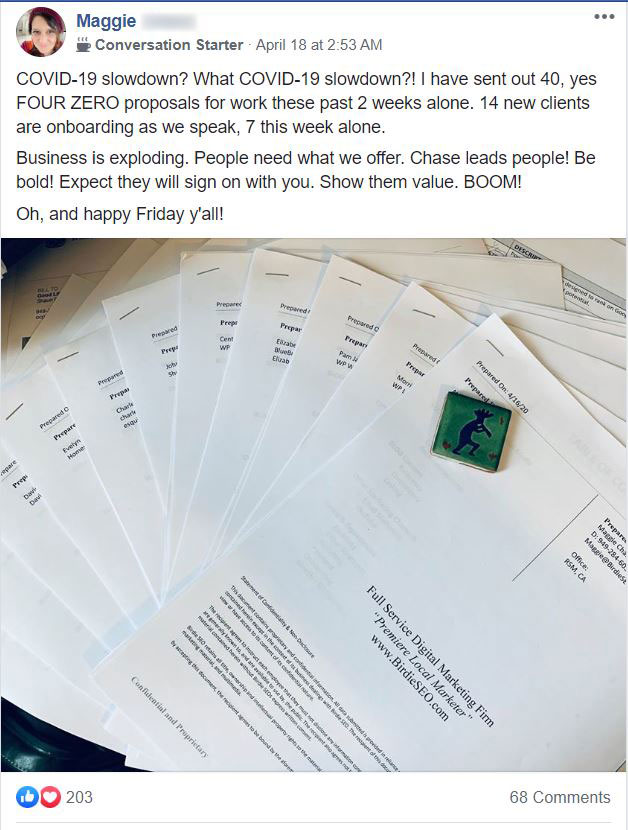
Land Academy is an educational platform that provides resources, support, and tools for land investing. Steven Jack Butala and Jill DeWit, also known as “Jack & Jill,” founded Land Academy. It offers training videos, access and discounts for tools, an exclusive community, and a career path for land investors.
Investing in land is highly profitable. However, raw land is also known to be illiquid compared to traditional real estate properties. Land Academy teaches a wholesaling strategy that aims to quickly sell a land property by pricing it below market value. Finding a motivated seller who’s willing to accept a lowball offer is the biggest challenge of land flipping.
External reviews of Land Academy are scarce. Testimonials are also limited to what their site publishes. Third party online reviews of the platform only come from other land investing coaches like Paul Jang and Seth Williams.
In this Land Academy review, you will learn about the platform’s current offers, how other land investing coaches view it, and if it’s worth diving into any of its programs as an aspiring entrepreneur. In the end, we will discuss the value of investing in land and an alternative business model to real estate investment.
Land Academy Pros and Cons
Pros
It offers a comprehensive membership program that includes educational courses, tools access, and community.
The course creators have decades of experience on real estate investment under their belt
Has a variety of in-house tools to choose from.
Cons
Has very few online reviews.
Enormous startup costs, especially when running a direct mailing campaign.
Price
Land Academy membership costs an initial payment of $2,700 and a monthly subscription of $295.
Refund Policy
Land Academy didn’t outline a clear refund policy for its programs.
Origin
Land Academy started in 2015.
Reputation
Land Academy has very few third party reviews.
I don’t recommend it. First, they don’t teach anything that you can’t find for free on YouTube. Additionally, they use outdated formulas for comping that are already ineffective. Finally, although they promise a money-back guarantee within 90 days if you’re not satisfied, they do not honor this promise. It’s better to spend your money on marketing.
What Is Land Investing?
Land investing is the practice of purchasing and reselling parcels of land for profit. Unlike regular property investments, land investing centers on the value and potential of raw land. Some real estate investors prefer land because of its relatively lower prices, minimal maintenance needs, and potential for appreciation.
Throughout Jack & Jill’s career, they practice “wholesaling” or land flipping as their primary land investment strategy. This involves finding “motivated sellers” or land property owners who will sell at an extremely discounted price. They will then sell these properties below market price for a quick sale. Jack & Jill’s strategy focuses on quick cash deals rather than selling properties for a higher price through owner financing (also known as seller financing).
To find these motivated sellers, they prefer using data service providers, such as DataTree. For Jack & Jill, scrubbing county lists is time-consuming, defeating the goal of a quick sales cycle. Like most land flipping coaches, they use direct mailing campaigns to contact these land owners. Jack & Jill specifically favors “blind offers” over neutral mails on sending mailers.
Land Academy has become a one-stop shop for land investors over the years. Aside from the courses and tools, it also offers funding services for land investors. If you find a promisingly profitable property but don't have the capital to purchase it, you can submit a funding request to Land Academy’s website. Jack & Jill’s company can fund 100% of your recommended deal and compensate you based on workload proportion.
What Is the Land Academy Membership?
Land Academy Membership is a comprehensive package for aspiring land investors. The program includes educational courses on land investing, regular support, an exclusive community, and tools access with discounts.
Here’s a breakdown of Land Academy's membership benefits:
Education
Support
Tools
Land Academy membership costs an initial payment of $2700 and a monthly subscription of $295.
What Are the Reviews for Land Academy?
The reviews for Land Academy are very limited. Third party reviews often come from videos made by other land investing coaches, such as Paul Jang and Seth Williams. You can only find testimonials from Land Academy members on its website and YouTube channel. However, these testimonials are not detailed enough to serve as reference.
Paul Jang’s review of Land Academy focuses on its land investing tools, such as ParcelFact and Offers2Owners. He mentioned that he used some of these tools, but there’s no need to be a Land Academy member to sign up to them. Paul also noted Land Academy’s focus on quick cash deals.
Seth Williams also reviewed Land Academy’s Cash Flow From Land, but this course is not available anymore. A lot has changed on Jack & Jill’s land investment strategy since then. So, Seth Williams’ review may not be the best reference for Land Academy’s current programs.
Is Land Academy Worth It?
Yes, Land Academy is worth it if you want to learn from Jack Butala and Jill DeWit’s over 30 years of land investing experience. It also depends on the program that you’re taking. For instance, Land Academy membership is best for those who intend to use the platform’s in-house tools. As a member, you can take advantage of discounts and free credits every month for tools like ParcelFact and Offers2Owners.
If you plan to use third-party tools, then paying for a monthly subscription on Land Academy membership may not be the best idea. You can also opt for personal coaching or a pure live program (Career Path). However, expect these to be more expensive than regular membership.
You should keep in mind that following Land Academy’s model requires a huge amount of startup capital. For instance, running a direct mailing campaign can cost you thousands of dollars even with Land Academy’s in-house tool.
Here’s a screenshot of Offers2Owners’ cost calculator.

The image above shows the mailing cost for non-members. If you’re a member, the product price is down to $0.67 per mail or $3,350 per 5000 mailers. Upgrading to first class will cost you an additional $1,650.
According to Seth Williams, the acceptance rate of mailing campaigns is only around 0.1% or 1 per 1000 mails. So, sending a minimum of 5000 mailers per campaign is a relatively safe number to secure a decent response and acceptance rate.
Even so, bomb campaigns are almost inevitable. And you might not be the only one sending offers in the same county. If you’re unprepared to handle these costs, you should stay out of taking any of Land Academy’s programs entirely.
Who Is Steven Butala?

Steven Jack Butala is a land investor, coach, and co-founder of Land Academy. He’s been in the real estate industry since the early ‘90 and is one of the older practitioners of land wholesaling. Jack started his career as a commercial real estate broker for The Hayman Company in Detroit. He then served as Vice President for Acquisitions for Unison Health Care Corp. Jack also served as a Senior Manager for Merger & Acquisitions under KPMG.
As a broker, Jack’s hate for cold-calling prompted him to write a program to automate sending blind offers through fax mails. In 1999, Jack purchased and sold 80 acres of land in Arizona, earning $10K of equity. This transaction ignited Jack’s fascination with land investment. For around 30 years, Jack Butala along with Jill DeWit completed over 16K of transactions without leverage or debt. Jack & Jill started Land Academy in 2015 to share tools and educational resources for land investing.
Who Is Jill DeWit?

Jill DeWit is a real estate investor, podcast host, online coach, and co-founder of Land Academy. She worked as a sales professional for 20 years before partnering with Jack Butala through LandPin and LandStay. In 2009, Jill took a crash course from Jack and successfully sold 20 New Mexico lands, earning $18K. At the time of the downturn in 2011, she managed to buy 1100 properties at a Southern Arizona tax auction. Jill earned $500K from these transactions.
In October 2015, Jill and Jack launched the first podcast episode of the Cash Flow from Land Show. Earlier the same year, they launched Land Academy’s first educational program, Cash Flow from Land in physical DVDs. Jill DeWit is currently the co-owner of BuWit Family of Companies, which includes LandInvestors, LandPin, Land Academy, Offers2Owners, NeighborsScoop, House Academy, ParcelFact, DeedPerfect, and more.
Is Investing in Land Worth It?
Yes, land investing is worth it. Land is a stable asset that tends to appreciate steadily over time. It grows steadily in value and can be a valuable addition to an investment portfolio for diversification. Data from the Federal Reserve shows that the average annual appreciation rate for land in the U.S. is around 4% to 6%. This is relatively more stable compared to other investment types.
Land also has low maintenance costs compared to other types of real estate investments. However, land as an investment may require more effort and patience. Compared to traditional real estate, it is not readily usable in most cases. So, land is generally more illiquid than houses or commercial properties.
For quicker turnarounds, land investors prefer wholesaling or flipping as an investment strategy. Aside from Land Academy, there are other alternative land investing courses that teach the same method. These programs include REtipster by Seth Williams, Land Profit Generator by Jack Bosch, and The Land Geek by Mark Podolsky.
How to Invest in Land?
- Do market research
- Conduct marketing campaigns
- Search online listing and auctions
- Get funding
- Consult a professional realtor
The turnaround time of your land investment depends on your strategy. You can opt to add value to your acquired property, seek land entitlement, or simply wait for it to appreciate. You can also flip your land as quickly as possible if you choose to follow a wholesaling or land flipping strategy.
Is Land Flipping Legal?
Yes, land flipping is legal. It is a legitimate land investing strategy that only takes advantage of huge discounts from motivated sellers. Some may confuse this strategy with fraudulent "land-flipping." This deceitful practice involves artificially raising a land property's price by selling it multiple times within an organized group. They may also hide the property's flaws. On the contrary, legitimate land flipping transactions follow national and local regulations on inspection and valuation.
My Recommended Digital Real Estate Business Model
Land flipping is not for aspiring entrepreneurs with limited capital. The start-up costs are just too high, with direct mailing taking up most of the expenses. And direct mailing is indispensable in this model. In Jill DeWit’s words, if a land property is not selling quickly, it means “it’s not priced properly,” which also means “it's not purchased properly [it was purchased too high].” The best proven way of sending low-ball offers is direct mailing. Mass emailing will only produce more terrible results, or may have some legal issues locally.

This is why I recommend building digital real estate for new entrepreneurs. With a lower start up capital, even a newbie can get to experience running an actual business. This business model is called local lead generation. It involves creating a website for a local niche, ranking it to attract leads, and renting it out to small businesses. A single ranked website can earn a consistent $500-$3K of passive income. With lower recurring costs, you can scale your local lead generation business quickly as you gain experience.



